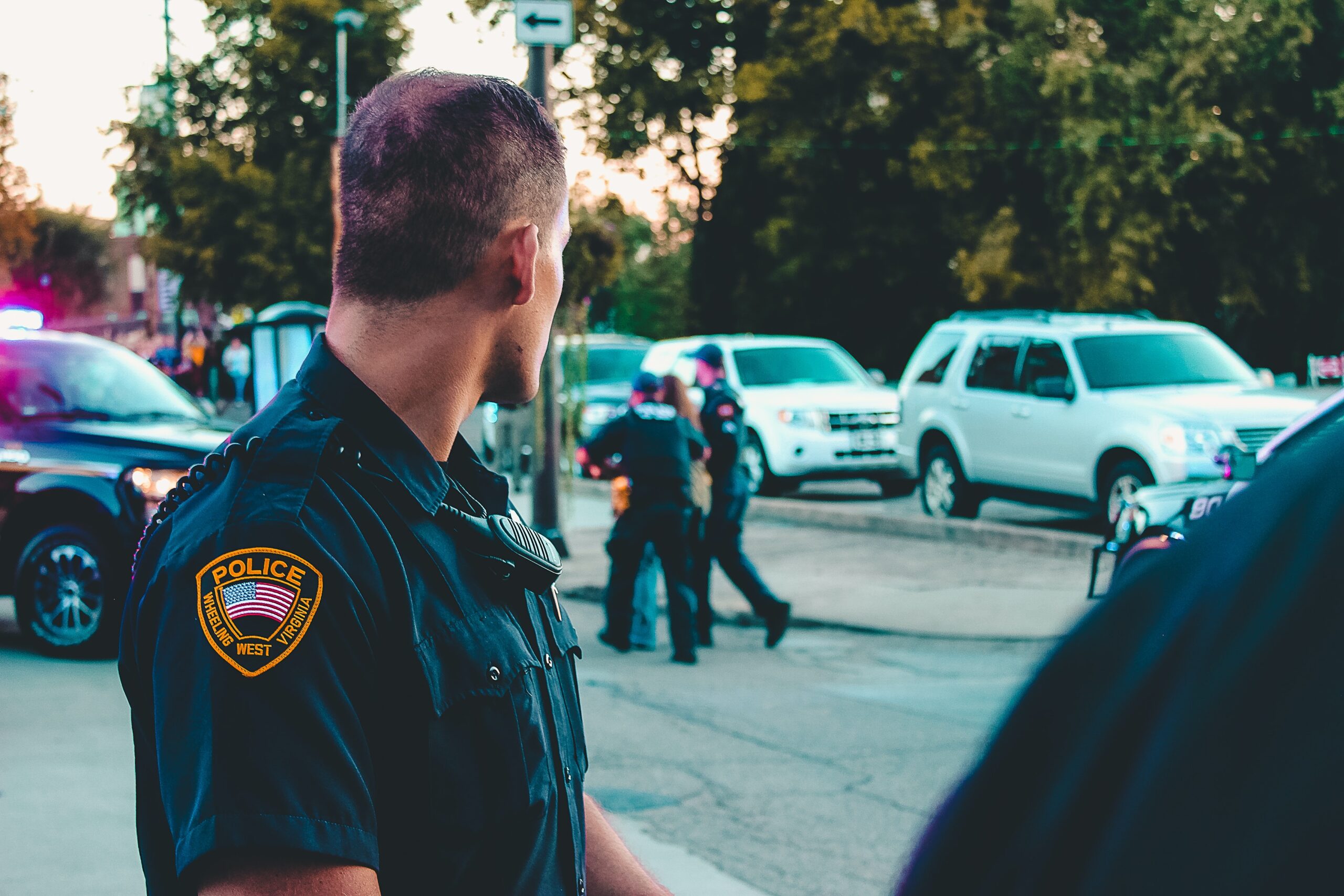When it comes to criminal law, most people are familiar with the term “Miranda rights.”
But what do these rights mean in practice? What are your rights when you’re arrested or detained by police officers? Are they explained during an arrest?
Let’s explore the truth about Miranda rights.
What Are Your Miranda Rights?
Miranda rights are a set of warnings given by police officers to criminal suspects in custody before they interrogate them.
The Miranda warning was established in 1966 by the Supreme Court in order to protect citizens from self-incrimination.
The exact wording of the warning varies from state to state, but it typically goes something like this: “You have the right to remain silent. Anything you say can and will be used against you in a court of law. You have the right to an attorney. If you cannot afford an attorney, one will be appointed for you.”
What’s the purpose of this warning?
It’s to inform people of their constitutional right not to answer questions posed by police or other law enforcement officials without first consulting an attorney.
This right stems from the Fifth Amendment of the U.S. Constitution, which states that no person “shall be compelled in any criminal case to be a witness against himself.”
It’s important to note that these rights only apply when a person is under arrest or in police custody. This means that if you’re stopped by police while walking down the street or pulled over while driving, police do not need to read your Miranda rights.
How Do They Protect You?
Miranda rights protect individuals from self-incrimination; meaning that any information they give can’t be used against them in a court of law unless they knowingly waive their right not to answer questions or speak with an attorney present.
Keep in mind that without being informed of your Miranda rights beforehand, any information obtained through interrogation may not necessarily be considered voluntary or valid evidence in court proceedings.
Can the police question you without reading you your rights? Short answer-yes!
When Can Police Question You Without Reading Your Rights?
Police do not need to recite your Miranda warnings prior to questioning if they’re asking general questions without placing you under arrest or taking you into custody.
For instance, if a police officer stops you on the street and asks for identification or wants to know where you are going, they don’t need to read your rights because they haven’t placed you under arrest yet.
But once those questions become more detailed—such as “did you commit this crime”—then officers must inform suspects of their rights before continuing with any further questioning.
Knowing your legal rights can help ensure that any statements made during an arrest or detention are done so voluntarily and knowingly—so remember your legal protections!
With this basic knowledge of what constitutes an arrest versus mere detention and when Miranda warnings must be given, individuals can better protect themselves when interacting with members of law enforcement.
Do you think your Miranda rights were violated in some way? Have questions? Contact our office today…we’re here to help you!
Note: This is for educational purposes and should not be construed as legal advice.

